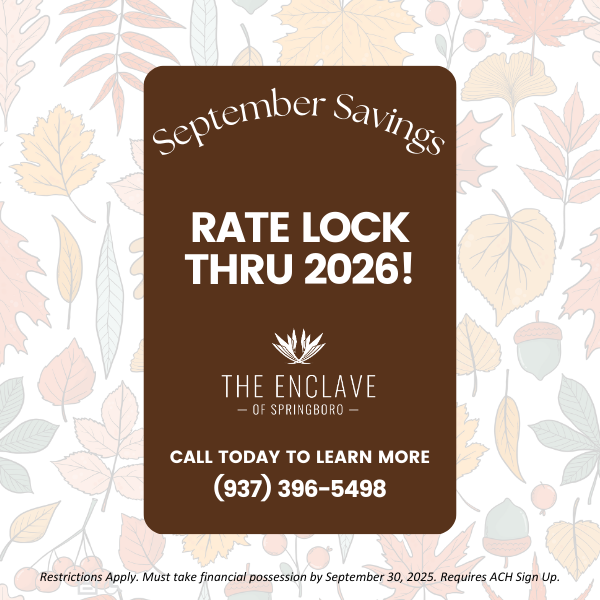As your parent gets older, you may notice some changes. Their daily routine may shift, or they may experience challenges with their independence. These changes may be difficult to recognize at first, but noticing them early makes all the difference. It means you can step in to help them get the care they deserve.
To tell if an older parent needs help, pay attention to any physical, emotional, or cognitive changes in their daily life. Whether it’s struggling with household tasks or missing important appointments, these signs can help you find the right care for your parent’s unique needs.
1. Signs of Personal Care Struggles
Changes in personal hygiene are often some of the first signs that a parent may need help. If your loved one appears less groomed than usual or struggles to bathe and get dressed, it’s worth paying closer attention.
This shift is not always intentional. Aging can bring physical limitations or cognitive barriers that make daily routines harder. Tasks that were once second nature, like brushing teeth or buttoning a shirt, might become more frustrating. These are some of the earliest signs of daily struggles.
2. Unintended Weight Loss & Eating Issues
Weight fluctuations, especially unintended weight loss, signal trouble. This isn’t about appetite—an altered diet can quickly lead to nutritional deficiencies and poorer health. A proper diet is the foundation of a healthier and active lifestyle.
This isn’t just a dietary concern. Trouble with eating could indicate physical challenges, like difficulty cooking, or cognitive issues affecting memory. These habits can lead to a higher risk of health problems and leave your loved one vulnerable to everyday harm.
3. Memory-Related Challenges
Forgetfulness happens to everyone. However, frequent memory lapses or confusion can lead to safety risks. If your parent is missing appointments, misplacing items, or forgetting medication, it may be time to reflect on their care needs.
One serious concern with memory decline is its potential impact on daily living. Leaving appliances on, neglecting schedules, or losing essential items can create stressful or even dangerous situations.
Memory problems can be challenging to address on your own. However, with senior living lifestyle options like memory care, you can help your loved one get the everyday care they deserve.
4. Mobility & Safety Concerns
Falls or trouble walking may be other signs that your loved one requires extra support. When mobility becomes an issue, risks like injuries or accidents increase considerably.
If your loved one has mobility problems, it helps to make some small adjustments, such as:
- Installing grab bars in key areas like bathrooms or hallways
- Removing tripping hazards such as loose rugs or clutter
- Ensuring adequate lighting throughout the home
- Providing mobility aids like a walker or cane
If you’re worried about your parent’s safety, it may be time to consider senior living. These communities cater to older adults by creating a safe and supportive everyday environment.
5. Social Withdrawal & Isolation
Isolation doesn’t just affect mood. It can also have long-term effects on mental and physical health. Seniors who are socially withdrawn may become depressed, anxious, or more prone to illness.
For a parent who used to enjoy gatherings or hobbies, staying home alone can be a red flag. Social connection is a vital component of overall well-being. It helps older adults stay more connected to the people around them, which then promotes a healthier and more active lifestyle.
That’s why senior living communities constantly offer a range of valuable events and experiences. This way, residents can interact and form strong bonds, which helps them build a healthy and engaging social network.

6. Poorer Financial Management
If your loved one is forgetting to pay bills or making impractical spending decisions, this could be linked to cognitive changes. Issues like misplaced funds or falling for scams can add unnecessary stress to their lives.
Poor financial habits can create significant monetary problems. They can also compromise your loved one’s everyday life and security. Without proper financial management, your loved one may struggle to afford essential care or fall for fraudulent schemes. Recognizing these struggles early can prevent future challenges.
7. Neglected Home Upkeep
A clean home isn’t just about appearances—it’s also a matter of safety. Clutter, mess, or neglected tasks like laundry could signal that your parent is struggling.
Physical difficulties or energy limitations may prevent them from maintaining their home as they once did. For some, cognitive issues, like confusion or distraction, make housekeeping too complex.
This is an obvious sign of everyday struggles. If you notice your parent is having trouble cleaning and keeping their home in good shape, it’s likely time for a change.
8. Mood & Personality Changes
Sharp changes in mood or personality, like increased anxiety, irritability, or sadness, often indicate deeper challenges. These shifts can sometimes be linked to underlying problems that may not be obvious. If your loved one shows signs of depression or poor mental health, it’s time to act.
Watch for signs such as:
- Persistent sadness or withdrawal from social activities
- Unexplained anger or irritability
- Loss of interest in hobbies or favorite activities
- Difficulty concentrating or making decisions
These indicate your loved one is struggling with their mental health.
Recognizing the Right Time for Extra Care
Knowing when to step in and explore your options can be emotional. However, it’s an important step towards getting your parent the care they deserve. By recognizing early signs like forgetfulness, mobility challenges, or personality changes, you can step in sooner rather than later to help.
Don’t worry—you aren’t alone. Our team at The Enclave of Springboro is here to help. We offer several lifestyle options designed to help older adults in need, and we’re here for your family. Schedule a tour with us today, and let’s find their future home—together.











